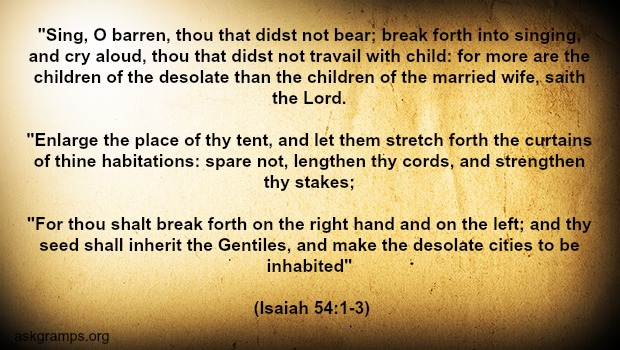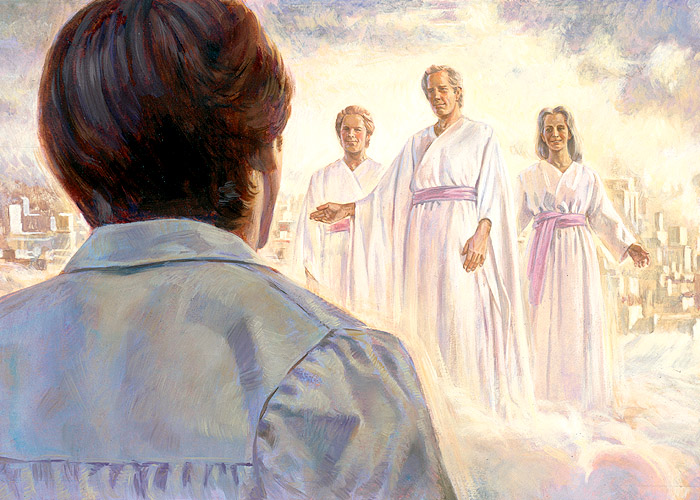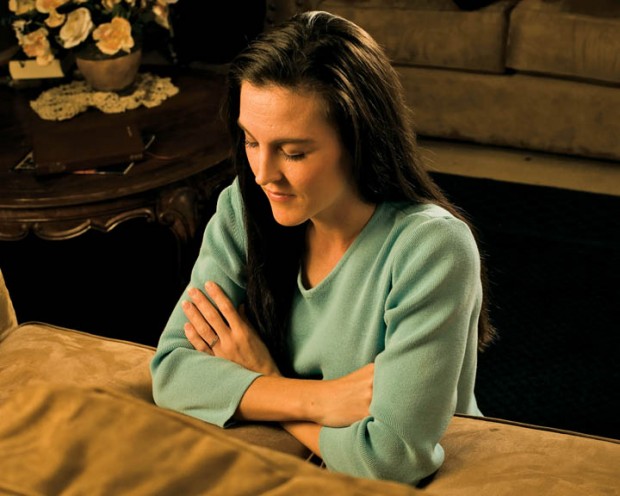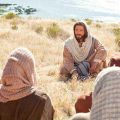Question
Gramps,
As a woman who was not blessed with children I was comforted by reading Isaiah 54 and that I would have so many children I would need to enlarge the tent. Also that being refused by the Lord as a young wife would be for a short time and in time I would forget this. I was told that this is symbolic–having something to do with Israel. Is there anything in this to actual barren and childless women?
Shasta
Answer
Dear Shasta,
It is indeed symbolic. Isaiah uses the image of a childless woman suddenly surrounded by so great a posterity that she needs a larger tent to hold them before they overflow into the neighboring ghost towns and make them thrive.
“Sing, O barren, thou that didst not bear; break forth into singing, and cry aloud, thou that didst not travail with child: for more are the children of the desolate than the children of the married wife, saith the Lord.
“Enlarge the place of thy tent, and let them stretch forth the curtains of thine habitations: spare not, lengthen thy cords, and strengthen thy stakes;
“For thou shalt break forth on the right hand and on the left; and thy seed shall inherit the Gentiles, and make the desolate cities to be inhabited” (Isaiah 54:1-3).
Victor Ludlow explains the symbols:
“The desolate woman and her relationship to the wife can be understood in two ways: (1) The desolate woman represents the gentiles, and the wife Israel; thus the gentiles will bring forth greater spiritual fruits than Israel has delivered; (2) the desolate woman is Israel in her scattered condition, while the wife is those people remaining in the Holy Land. Thus Israel will bring forth more children (both physically and spiritually) outside the land of her original inheritance than in it. (See Gal. 4:22-31; Rev. 12:1-6.) In either case, Isaiah uses these images to symbolize the relationship of the Lord to Israel; those who join with covenant Israel are the children of that relationship.” (Isaiah: Prophet, Seer, and Poet, pg. 459).
In modern times, the Lord extended the metaphor, but has Zion portrayed as both the tent whose “stakes must be strengthened” and the woman who “must arise and put on her beautiful garments” (D&C 82:14). This explains then why a very consistent Jesus quotes Isaiah 54 when preaching to the Nephites on the establishment of the New Jerusalem (3 Nephi 21-22). Donald Parry, Jay Parry, and Tina Peterson took the Nephite lectures into account for their interpretation of the symbols. They see the barren woman as “Israel, who … has never travailed with child but will rejoice to have children (meaning the blessings of the covenant) as a result of another’s travail, that of Christ ([Isa.] 53:11)”. They identify the married wife as “both the Church and the New Jerusalem (Rev. 21:2, 9; D&C 109:73-74). … [T]he children of the married wife appear to be those who first build up New Jerusalem, and the children of the desolate are those who are gathered later ([Isa.] 62:4). It seems clear that the children of the desolate are greater in number” (Understanding Isaiah, pg. 480).
So we are dealing with a passage that the Lord has consistently used for symbolism. But is it also literal? Latter-day Saints are fond of using the highly-symbolic Revelation as a proof-text that Moroni was destined to restore the gospel (Rev. 14:6). Ezekiel describes the process of resurrection as a symbol of Israel’s eventual restoration (Ezek. 37:1-14). Jesus may have intended for us to learn general principles when teaching about the Good Samaritan but that doesn’t mean that men weren’t really beaten on the way to Jericho, nor does that absolve his disciples of doing their Christian duty should they come across someone in that exact predicament. In the case of this illustration in Isaiah I think it is a symbol, but I wouldn’t limit it to that. I’ve used these verses in the past to comfort the childless and think it falls in line with the teachings of our modern Apostles:
“We know that many worthy and wonderful Latter-day Saints currently lack the ideal opportunities and essential requirements for their progress. Singleness, childlessness, death, and divorce frustrate ideals and postpone the fulfillment of promised blessings. In addition, some women who desire to be full-time mothers and homemakers have been literally compelled to enter the full-time work force. But these frustrations are only temporary. The Lord has promised that in the eternities no blessing will be denied his sons and daughters who keep the commandments, are true to their covenants, and desire what is right” (Oaks. The Great Plan of Happiness, General Conference Oct. 1993).
Gramps







